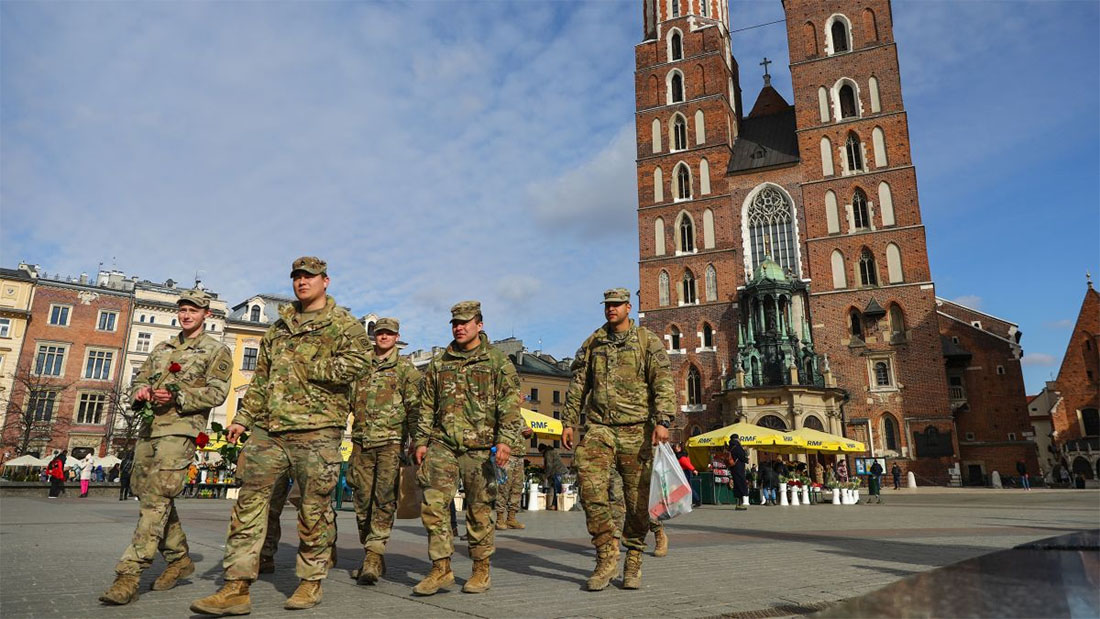Photo Credit: Getty Images
The geopolitical landscape has dramatically intensified as Russia threatens a new US missile defense base in Poland while simultaneously launching potentially provocative military actions in Ukraine. On November 13, 2024, NATO unveiled its "Aegis Ashore" missile defense base in Redzikowo, Poland, triggering an immediate and sharp response from Moscow.
Russian Foreign Ministry spokesperson Maria Zakharova condemned the base as a "provocative step" that undermines strategic stability. She explicitly warned that the facility has been added to Russia's "list of priority targets for potential destruction," which could be executed using "advanced weapons." This rhetoric signals a dangerous escalation in diplomatic tensions between Russia and NATO.
Polish officials firmly dismissed these threats, with Foreign Ministry spokesperson Pawel Wronski emphasizing that the base is purely defensive. "It is a base that serves the purpose of defense, not attack," Wronski stated, adding that such threats would only strengthen Poland's and NATO's air defenses.
Simultaneously, Ukraine reported a potentially significant military development: the launch of an intercontinental ballistic missile (ICBM) targeting Dnipro. Ukrainian President Volodymyr Zelensky confirmed the missile's launch, noting its distinctive characteristics of speed and altitude consistent with an ICBM. The missile reportedly originated from Russia's Astrakhan region, approximately 435 miles from the target.
These events unfold against a backdrop of increasing US support for Ukraine. The Biden administration recently announced the cancellation of $4.65 billion of Ukraine's debt and authorized the supply of controversial antipersonnel landmines. US Defense Secretary Lloyd Austin justified this decision as a response to changing Russian battlefield tactics favoring infantry over mechanized units.
The US landmine decision has drawn criticism from human rights organizations. Mary Wareham from Human Rights Watch expressed concern about potential civilian risks, while Amnesty International called it a "deeply disappointing setback."
The escalating tensions are further complicated by the anticipated political transition in the United States. President-elect Donald Trump, who has previously criticized US assistance to Ukraine and suggested potential peace negotiations with Russia, looms as a significant variable in this complex geopolitical equation.
The coming weeks will be critical in determining whether diplomatic channels can de-escalate these mounting tensions or if the situation will continue to spiral towards potentially catastrophic confrontation.


